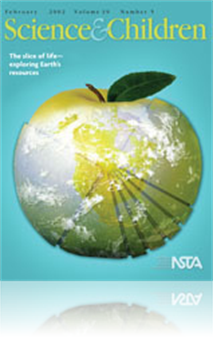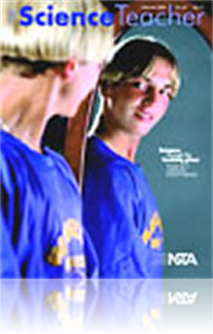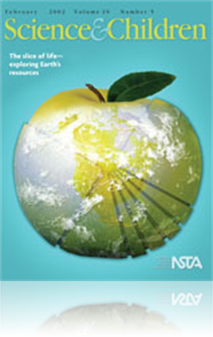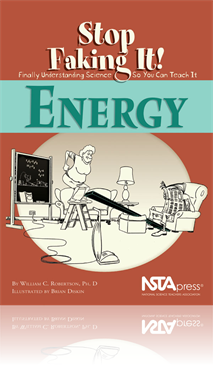All Resources
Journal Article
Journal articles are the fundamental building blocks of the edifice of science. Students learn the necessary skills and confidence to read primary research literature by working in groups in a computer conference. This model for analyzing research pa...
Journal Article
Using three active-learning strategies (i.e., teaming, opening, and linking), students perform a series of molecular biology experiments (i.e., transformation, miniprep, and electrophoresis) to identify unknown plasmid DNA. The presented model combin...
Journal Article
Research and Teaching: Persisting Misconceptions
A content-based test instrument administered to a large class of general biology students as pre- and post-tests revealed that knowledge was gained after the semester. A misconception index calculated from these data served to identify specific misco...
Journal Article
Watch student interest grow as they shrink down everyday items in this study of thermoplastics. ...
Journal Article
Science on a Roll Part Two: How Many Sheets to Saturn?
Students gain a better appreciation for and understanding of the distances between the planets using a roll of toilet paper. This activity also integrates math, actively engages students, and promotes inquiry....
Journal Article
Science and Children’s editor shares thoughts and suggests an extraordinary effort to involve parents in their child's science learning. Try sharing your educational challenge with your students' parents--together this is a potent combination!...
Journal Article
Defining Inquiry: Exploring the many types of inquiry in the science classroom
Different types of lessons and different types of inquiry are used for specific needs in the science classroom. Understanding the different aspects of inquiry can help educators vary the types of teaching and learning experiences to better meet the n...
Journal Article
After the Bell: Science of the symphony II: Sound intensity
The sounds that reach our ears when we listen to an orchestra performance are founded on scientific and mathematical principles. The science of sound can be used to engage students in explorations of tone, pitch, frequency, and the decibel scale....
Journal Article
Tech Trek: Graphing calculators
Middle school science curriculum should include explorations of statistics in real-world situations that require students to collect, organize, and represent sets of data. A graphing calculator is the perfect tool to help achieve this goal....
Journal Article
It's All the News: Critiquing Evidence and Claims
To develop their ability to critique scientific claims, students evaluate the science behind articles on a fictitious Internet tabloid. Students critique the scientific claims, then make recommendations for ways to improve the credibility of the publ...
Journal Article
Commentary: Never Have an Ordinary Day
An opinion piece—from a retired science teacher—about ways to avoid having an ordinary day, featuring suggestions on things that can influence your teaching the most....
Journal Article
Mission to Mars: A Classroom Simulation
Upper elementary children build a scale-model Martian habitat by laying a grid over scattered items. They develop science-process skills by conducting research on Mars and evaluating data; mathematics skills by figuring basic population data; and lan...
Journal Article
Problem Solving in the Chemistry Laboratory
In a pilot project implemented at the University of Kansas, a team of instructors from the education and chemistry departments modified the introductory chemistry laboratory curriculum to center on problem-based inquiry learning units. The new labora...
Book Chapter
This first chapter deals with one of the most basic principles of motion, which happens to be known as Newton’s first law. Not coincidentally, it has something to do with Isaac Newton. It’s a nice law to start out with because it doesn’t requir...
Book Chapter
In order to get a more complete understanding of how and why things move the way they do, it is necessary to consult with Newton one more time. Newton's Third Law, which sums up this idea of objects pushing on each other and pushing back, is discusse...
Book Chapter
Round and Round and Round in the Circle Game
If you recognize where the title of this chapter came from, then you're showing your age and your taste for FM music in the old days. For the record (and it was a record), it comes from a song written by Joni Mitchell. Anyway, this chapter is all a...
Book Chapter
Energy is such a common notion. We talk about it all the time. Should you buy energy-efficient windows? The country needs an energy policy. That little kid at the store who screaming at the top of his lungs sure has a lot of energy. This chapte...
Book Chapter
Up until now, we've been talking about things having a certain amount of energy and not about things gaining, losing, or changing their form of energy. We've already seen how energy can change, though. A marble at rest at the top of a ramp has a ce...









